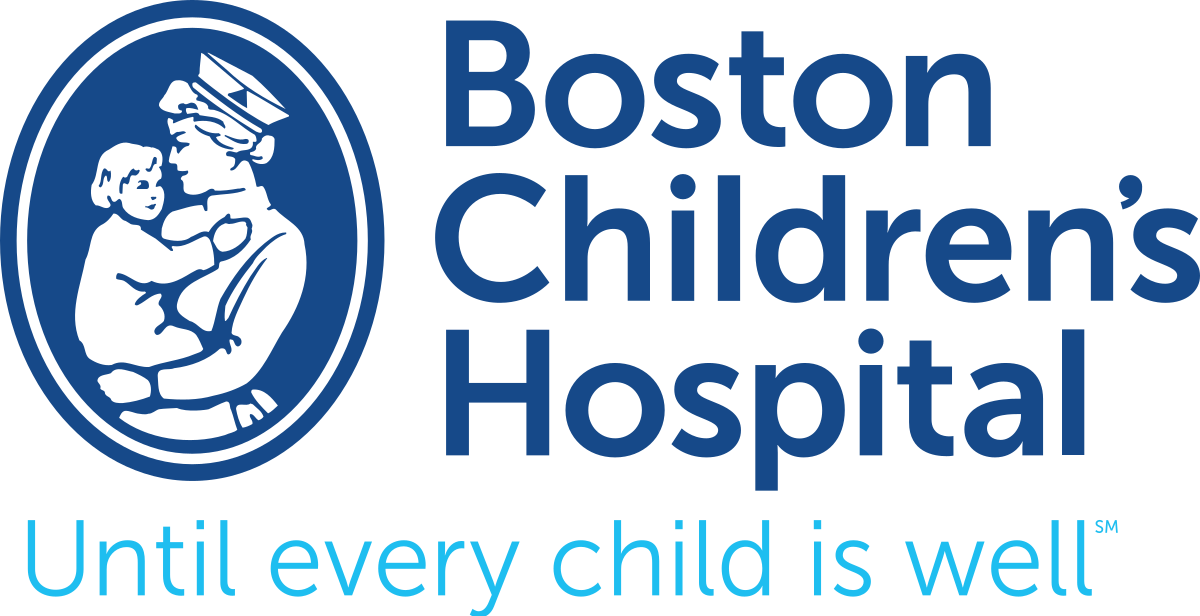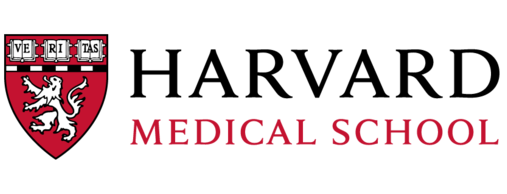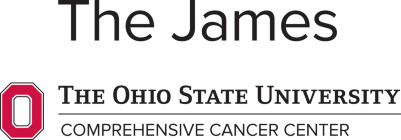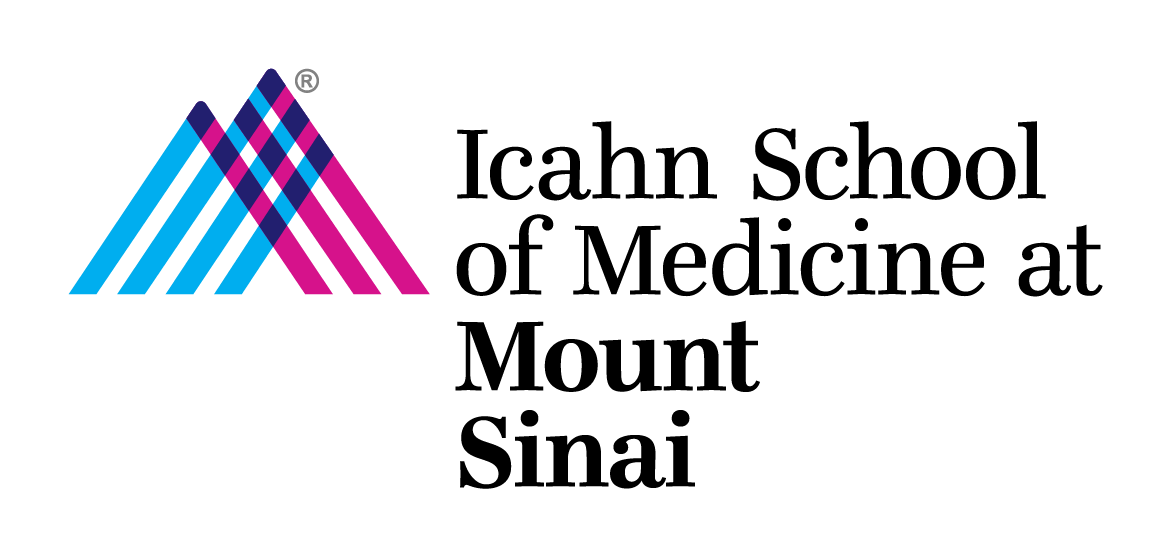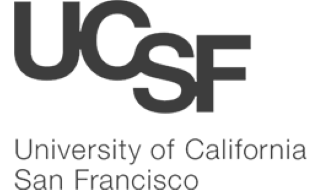ABOUT THE PROGRAM
Despite recent breakthroughs, cancer is still a leading cause of death worldwide. In 2020, cancer claimed the lives of nearly 10 million people. When patients ask why they are sick, what outcomes they can expect, and whether their cancer will return, physicians can rarely provide definitive answers.
The Convergent Science Virtual Cancer Center (CSVCC) aims to accelerate progress toward eradicating or neutralizing cancer by training the next generation of cancer researchers using two guiding principles:
Convergence: The CSVCC combines advances from biology, chemistry, medicine, physics, mathematics, computer science, statistics, and engineering to improve outcomes for patients.
Adaptability: The CSVCC will adapt and evolve based on the needs of patients and developments in the field of cancer research.
A multi-disciplinary group of early-career cancer researchers (“Scholars”) will work together in the CSVCC’s environment of innovation to achieve measurable progress for patients living with cancer.
The CSVCC is funded by the inaugural Virtual Cancer Center Director Award through the U.S. Department of Defense. It is led by Dr. Dan Theodorescu, director of the University of Arizona Cancer Center , and Dr. Peter Kuhn, director of the Convergent Science Institute in Cancer at the USC Michelson Center for Convergent Bioscience.
ACERT
The Adaptive Catalysis of ConvErgent Research Training (ACERT) program delivers structured yet personalized support to aid each Scholar in developing a research program, forging collaborations with other researchers, and broadening horizons toward a truly convergent model of curing cancer.
Over the long term, ACERT will culturally transform Scholars to approach cancer research differently, as they recognize the power transdisciplinary convergent science holds to solve the ever more complex problems in cancer research. ACERT supports Scholars through mentorship, networking, and training opportunities, using the ACERT Impact Map as a guideline for developing and evaluating each Scholar.
ACERT Impact Map
Upon joining the CSVCC, each Scholar works with the program directors to create an ACERT Impact Map, a personalized roadmap outlining the Scholar’s research and professional goals.

Military Health
The CSVCC works to enhance each Scholar’s knowledge, expertise, and competencies in the domain of military health.
PATIENT PERSPECTIVES
The patient is central to the CSVCC’s model of cancer research. As they develop and adapt their research programs, Scholars continually prioritize the potential impact that research will have on patients and families.
Patient advocates also make up a key part of the Advisory Board, which is responsible for evaluating Scholars and the overall effectiveness of the CSVCC.





